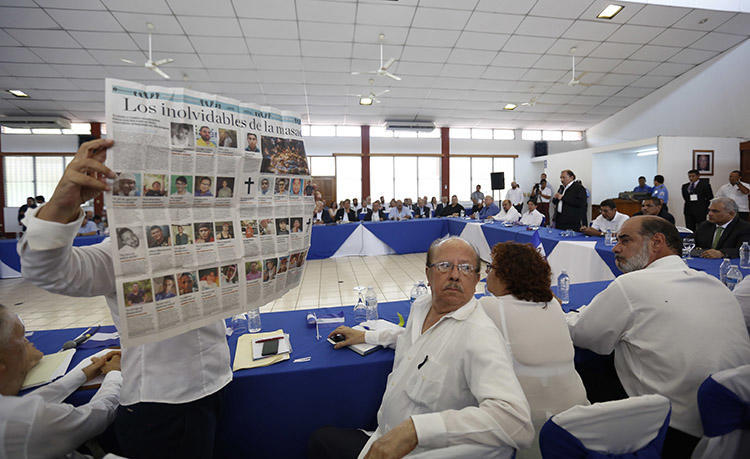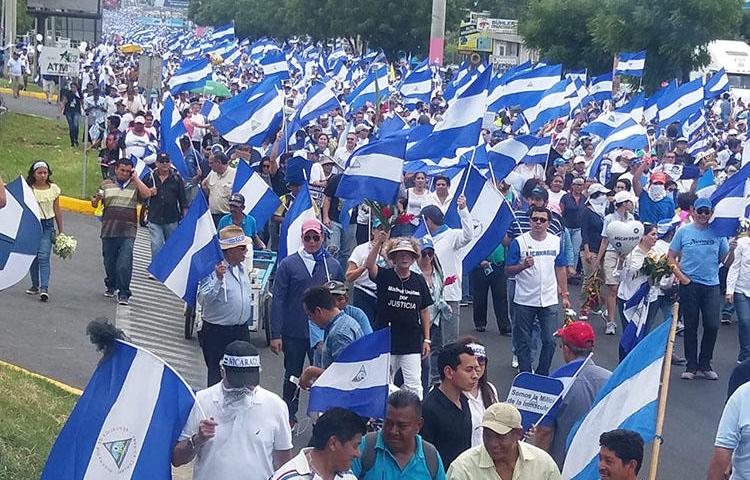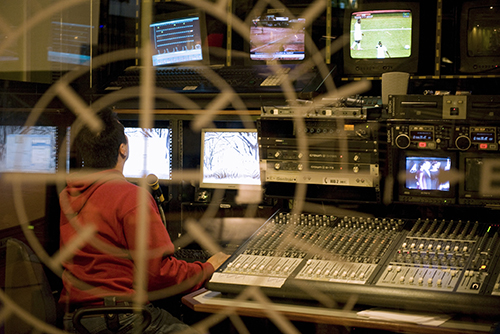John Otis/CPJ Andes Correspondent
John Otis, CPJ's Andes correspondent for the Americas program, works as a correspondent for Time magazine and the Global Post. He authored the 2010 book Law of the Jungle, about U.S. military contractors kidnapped by Colombian rebels, and is based in Bogotá, Colombia.
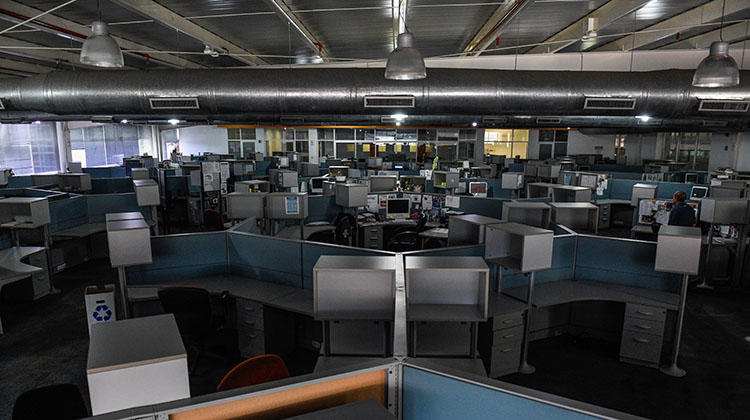
Lawsuits and economic crisis drive Venezuela’s journalists into exile
When Ewald Scharfenberg, the founding editor of the Venezuelan investigative news website Armando.Info, holds editorial meetings, he pulls out his mobile phone. That’s because most of his reporters are in Venezuela while Scharfenberg lives and works in neighboring Colombia.
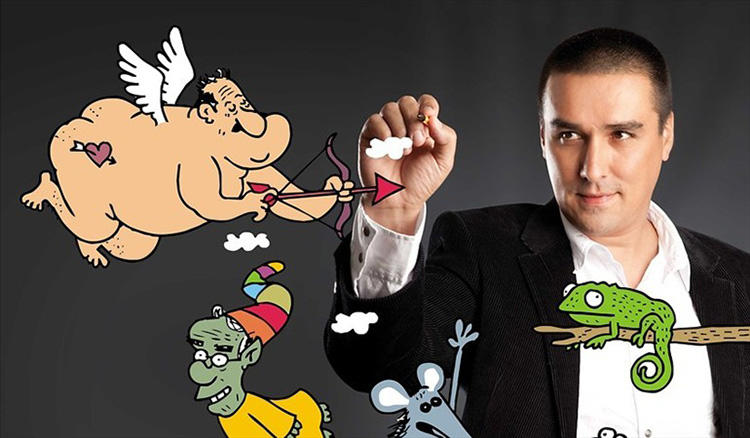
Death threat drives Colombian cartoonist Matador offline
During his 15-year career satirizing public figures, Colombia’s best-known editorial cartoonist has made numerous enemies. In his drawings for the Bogotá daily El Tiempo, Julio César González, better known by his pen name, Matador, targets politicians of all stripes.
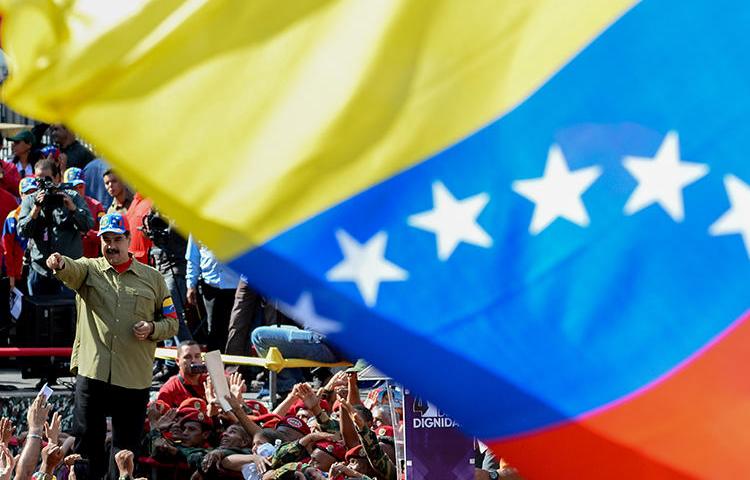
Venezuela’s anti-hate law provides Maduro with another tool to intimidate the press
In what journalists fear could be a taste of things to come, Venezuela’s new anti-hate law was enforced for the first time against a news organization on January 30, when Yndira Lugo, the editor of Diario Región, was called before government agents for questioning.
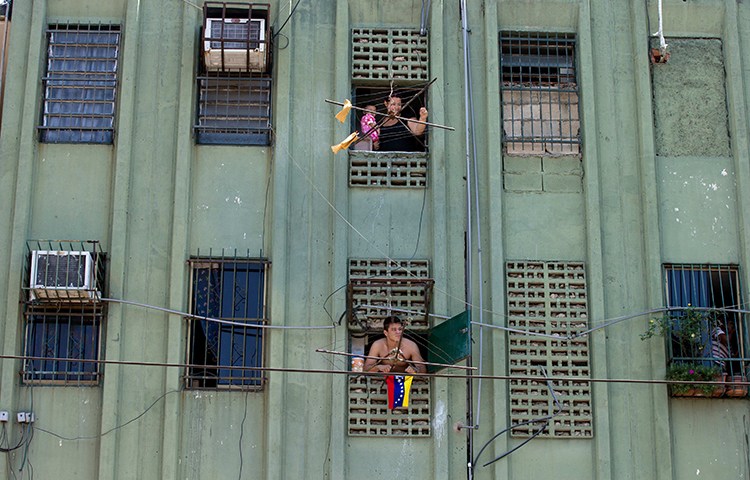
End of the print run for Venezuela’s regional press as supplies dry up for critical outlets
The lobby of El Carabobeño includes a display of vintage cameras, engraving plates and paper cutters from the 1930s when the newspaper was founded in Valencia, Venezuela’s third-largest city. But now El Carabobeño’s modern printing press could be added to the exhibit.
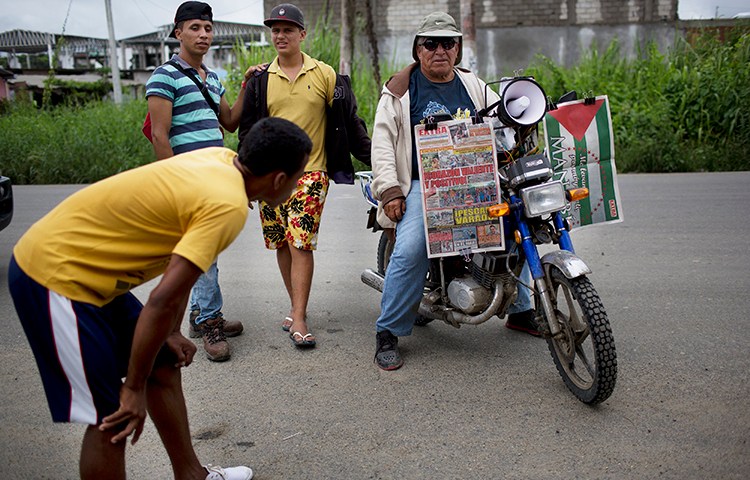
Correa’s legacy leaves a long road to recovery for Ecuador’s journalists
Since taking office in May, Ecuadoran President Lenín Moreno has pledged to end a decade-long battle between the government and the media. But several reporters and editors with whom CPJ spoke said that the anti-press campaign carried out by Moreno’s predecessor, former President Rafael Correa, has caused lasting damage to journalism in Ecuador.
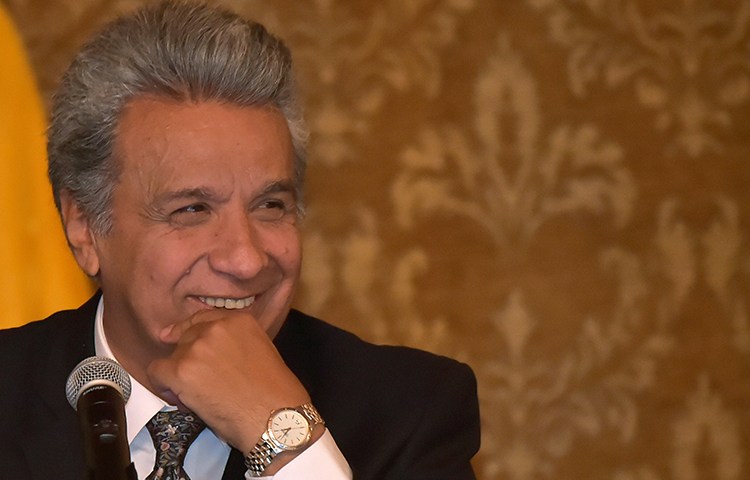
Ecuador’s Moreno opens new era in relations with media
Less than a month after taking office, Ecuadoran President Lenín Moreno engineered a ceasefire in the decade-long battle between the government and the nation’s independent news media by inviting a group of radio, TV, and newspaper editors to the Carondelet presidential palace in Quito.
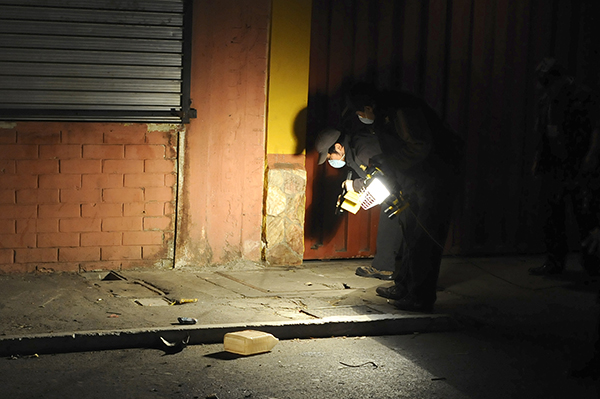
Searching for answers in murder cases amid violence and corruption in Guatemala
On June 25, unidentified assailants shot and killed Álvaro Aceituno López, director of Radio Ilusión in Coatepeque, a town in southeastern Guatemala. López often criticized local government officials when presenting the news and during guest appearances on other programs. But to date, CPJ has been unable to determine if Aceituno was killed for his work…
